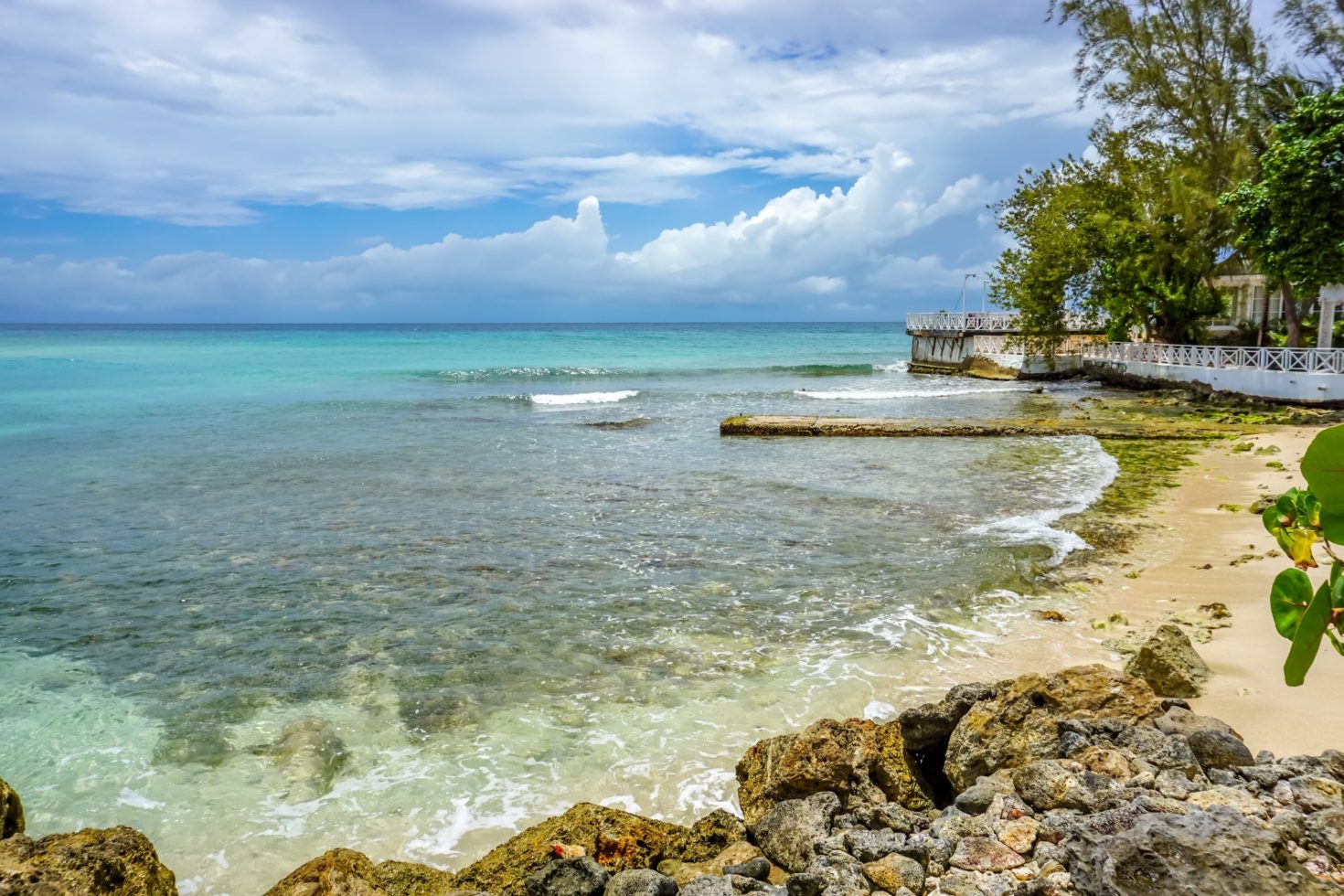The Global South – home to most of the world’s population – is where most of the planet’s economic growth and greenhouse gas emission growth is taking place. In the runup to COP30 in Brazil later this year, we explore how a sample of these economies are shaping climate financing.
Key takeaways
- Jamaica has been at the forefront of climate financing since becoming the first country to issue a climate catastrophe bond in 2021.
- By pioneering financial mechanisms to mitigate climate change, sustainability leaders have been able to make important strides in areas such as sustainable agriculture and renewable energy.
- Investors have opportunities to diversify their portfolio through Jamaica’s stock exchange and via bank and credit unions that have climate-friendly loans for solar panels and electric vehicles.
Here’s a little-known fact about Jamaica: it was the first country to issue a climate catastrophe bond in 2021. And last year, its development bank invested equity into a sustainability-oriented venture capital fund.
Such moves have helped the island in the Caribbean earn a reputation for pioneering financial mechanisms to mitigate climate change, making important strides in areas such as sustainable agriculture and renewable energy. As UnaMay Gordon, former head of the Climate Change Division in Jamaica’s Ministry of Economic Growth and Job Creation, puts it, “Investment advances in Jamaica can provide a model for the Global South.”
Because much of the climate action that will move the needle takes place in low- and middle-income countries, sustainability leaders need to be especially attuned to how the global majority approaches climate solutions. The opportunities for trade, investment and cooperation are boundless. Whether it’s to reach a science-based target or reduce a corporate carbon footprint, investing in emerging and frontier market climate opportunities is vital to a company’s contribution to a thriving global economy.
From bonds to plant-based cuisine
Since the issuance of the first climate disaster bond, the Development Bank of Jamaica (DBJ) has provided grants, loans and equity for small and medium-sized enterprises geared towards climate. Last year, DBJ invested almost $5 million into a $50 million venture capital fund that invests in climate-focused companies. Around the same time, the Jamaican government approved a 50 megawatt solar farm for SunTerra Energy to build, own and operate.
On the heels of these investments, the Jamaican government has set a target of producing at least half of its electricity from renewable energy by 2030. To incentivize consumers, the government has set up ways for users to send electricity back to the grid and receive compensation and provided an income tax credit of 30 percent of the purchase cost of rooftop solar, up to roughly $25,000. For businesses, Jamaica gave a 25-30 percent income tax reduction for large scale renewable projects valued at $1 billion or higher, and the suspension of an import tax on many climate solutions, including wind turbines, inverters and solar panels.
On the transportation end, government incentives for EV growth include a reduced 10 percent import duty (as opposed to a 30 percent duty for internal combustion engine vehicles) and no license fees. Businesses also benefit from the suspension of the Common External Tariff on lithium-ion batteries.
On the food, agriculture and land use side of climate, the Jamaican market for both plant-based cuisine and natural carbon sink restoration is attractive. Jamaica is home to an authentically local vegan cuisine known as ital (pronounced eye-tal) and has the potential to expand its role as a food exporter a
Read More

